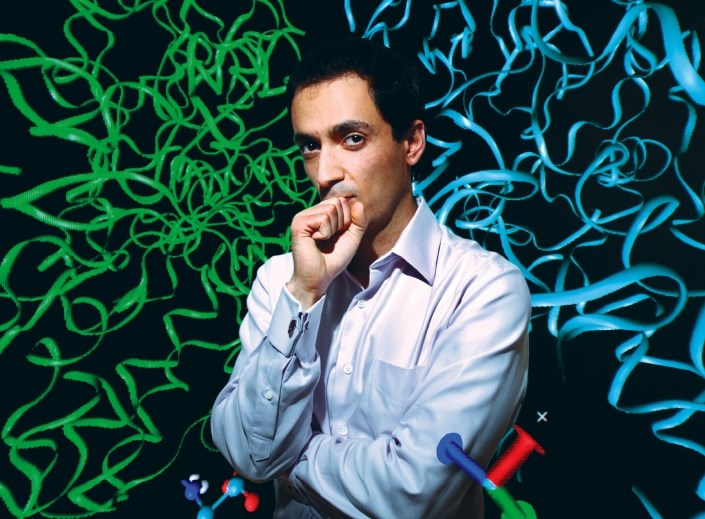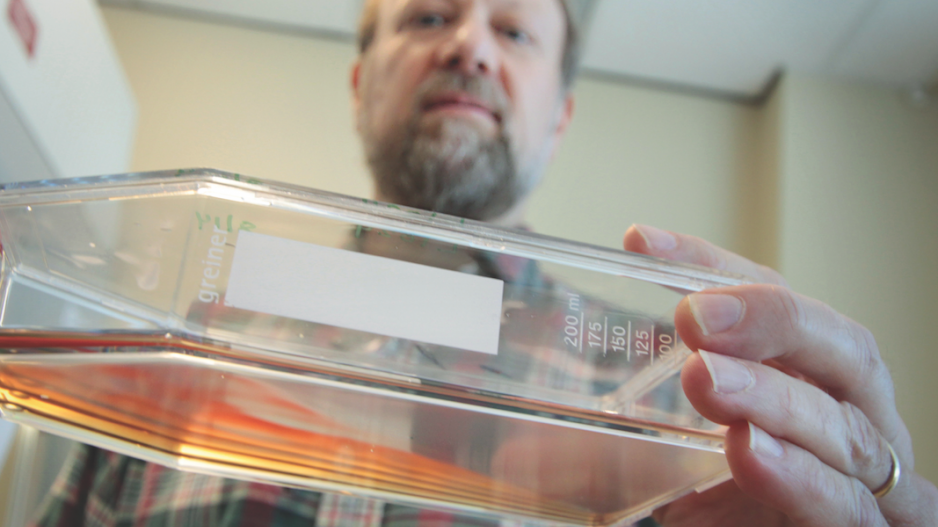Fast-growing Vancouver biotechnology company Zymeworks has signed a licence agreement with Burnaby-based Innovative Targeting Solutions (ITS) under which it could pay the latter company US$65 million if Zymeworks develops drugs using ITS technology.
CEOs of the two companies call the pact a win-win arrangement that highlights the depth of valuable technology within B.C.’s biotechnology sector.
Zymeworks is best known for its drug-development platform, called Azymetric, which, in the words of CEO Ali Tehrani, “turbocharges” antibodies in the human immune system and enables those antibodies to target diseased cells instead of indiscriminately killing healthy and cancerous cells.
Zymeworks, which has 70 employees, is relatively well known in the B.C. biotech community thanks to its agreements with drug-development giants such as GlaxoSmithKline (GSK), which could net Zymeworks US$4.4 billion if partners are successful in their attempts to create drugs using Zymeworks’ platforms.
ITS, however, has intentionally operated under the radar, largely because it is smaller and is not seeking venture financing, its president, Michael Gallo, told Business in Vancouver.
He added that he prefers to operate outside the spotlight.
Gallo moved to B.C. from California in 2001, when California-based Abgenix acquired University of British Columbia startup Imgenix and created a Burnaby-based subsidiary called Abgenix Biopharma.
Gallo served as director of research for that subsidiary and then vice-president of research.
When California-based biotechnology giant Amgen (Nasdaq:AMGN) bought Abgenix in 2006 for US$2.2 billion, Gallo obtained a small windfall by selling his shares in what had been a Nasdaq-listed company.
He stayed for another 17 months with what was renamed Amgen British Columbia – a venture that still exists – before leaving in 2008 to co-found ITS with Paul Kang, who also had previously worked at Amgen and became ITS’ chief scientific officer.
“My experience, coming out of Abgenix and Amgen, led me to make a decision whether I needed to raise capital and be bringing those types of resources to develop drugs,” he said.
“I decided, in the end, no. You could have a sustainable company if you kept costs low and had an efficient organization. We don’t have the upside that a drug development company has, which is in the hundreds of millions of dollars. But we do have revenue coming in that keeps us profitable.”

(Image: Zymeworks CEO Ali Tehrani has signed deals with Big Pharma companies that could net his small Vancouver company billions of dollars in royalty payments | BIV archives)
ITS employs seven full-time employees and operates out of a 5,000-square-foot space in Burnaby.
Although Gallo and Kang have bootstrapped his company largely through their own resources, Gallo pursued a friends-and family-round of financing in 2012.
What followed were partnerships with Amgen and global drug-making giants Merck & Co, Inc. (NYSE:MRK) and Novartis AG (NYSE:NVS).
ITS’ partnership with Zyme
works allows the latter company to develop drugs using ITS’ proprietary HuTARG platform, which can be used to engineer protein in a way to help identify and target specific kinds of cells, such as diseased cells. •




